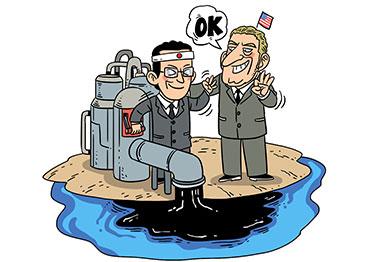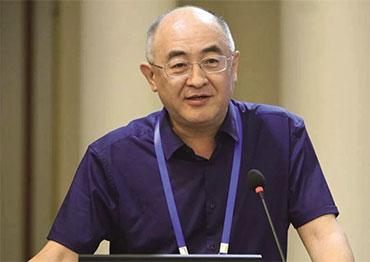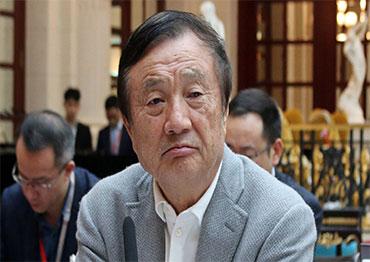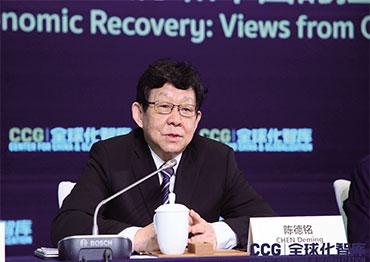“Let’s think about it another way: If nuclear-contaminated water were discharged by a non-US ally, I believe the US would not react this way. The US supports Japan’s discharge to reduce pressure on it [from the international community], which Japan will surely repay in other ways.”
Ding Duo, deputy director of the Research Center for Ocean Law and Policy under the National Institute for South China Sea Studies, in a recent interview with guancha.cn
“The stronger the external containment, the more China has to maintain strategic focus and not let such forces disturb our pace of reform and opening-up. We should further establish an economic system of high-level openness and make the most of the large Chinese market’s advantages to stabilize expansion of foreign investment. At present, we should focus on implementing the new policy package for encouraging foreign investment and promoting institutional openness.”
Zhang Monan, deputy director of the China Center for International Economic Exchanges’ Institute of American and European Studies, in an August interview with NewsChina’s Chinese edition
“The government will quickly and firmly fulfill its responsibility in the market only when it has a correct understanding of its role in the market and debt’s effect on the modern economy, ditches the old idea that debt is always bad, and stops demonizing the real estate market, capital market and virtual economy.”
Commentator Zhao Yanjing writing for news portal guancha.cn on September 1
“We should set up our own high-end talent pool. Any outstanding talent, including those in other fields, is welcome here. We have to keep exploring and stockpiling for the directions we’re considering. We should stockpile talent, not US dollars, so that we will have our own talent pool.”
Huawei founder Ren Zhengfei during an internal corporate meeting on September 4
“Economic globalization will not end, but its specific content and connections will change, with industrial chains diversifying and shortening between producers and end users.”
Chen Deming, former Chinese commerce minister, at a forum on globalization held by China Europe International Business School in Beijing on August 16
“Extreme weather events have highlighted the instability of China’s electric power system during China’s energy transition period. In other words, we have cut down too much on stable coal power, while storage of renewable energy like wind, solar and hydro, which still lags installed capacity, cannot fill the gap. This has encumbered peak load adjustments and caused the whole power system to be less robust.”
Ge Shirong, president of the China University of Mining and Technology Beijing campus, in an interview with NewsChina’s Chinese edition in late August
“The purpose of a master’s program is to train researchers in science and technology and professionals in particular fields. If education is reduced to being a way for students to pad their resumes, it will not only harm students but also employers in need of talent, causing a deep-seated structural problem in the labor market.”
Ma Liang, a public administration professor at the National Academy of Development and Strategy, Renmin University of China in Beijing, on the surge of Chinese students applying for postgraduate programs in an interview with China Youth Daily in late August
“Taiwan’s security relies on joint efforts of the compatriots on both sides of the Taiwan Strait under the one-China principle, rather than US military aid and arms sales to Taiwan. The US military aid and arms sales to Taiwan only serve the interests of its own military-industrial complex, but harm the safety and well-being of Taiwan compatriots.”
Senior Colonel Wu Qian, the spokesperson for China’s Ministry of National Defense, responding to the US State Department’s recent notification that the US, for the first time, will provide Taiwan with military aid worth about US$80 million through the Foreign Military Financing program, at a regular press conference on August 31
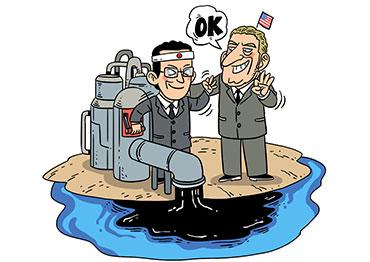
 Old Version
Old Version
